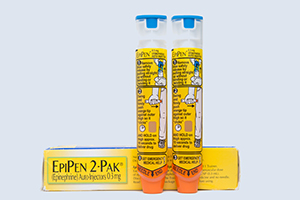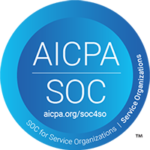

Most recently the EpiPen price hike has taken the news media by storm, highlighting the impact on us all of these massive increases. EpiPen (requires removing 1 cap before auto-injector is used) vs. epinephrine generic auto-injector (requires removing 2 caps) but has a cost difference of as much as $200-$400 per Rx. Rough math: $400 x 4 million Rx’s = $1.6 Billion all because people don’t have access to the right information at the right time. BUT, even if EpiPen was suddenly free, the problem isn’t fixed.
The latest EpiPen scandal is NOT unique to Mylan. Every day, prescription benefits fail people. People who are sick or in pain. People who are confused by the system. People who can’t afford to pay. They are prescribed medications that they don’t understand. They aren’t aware there are therapeutic alternatives. And they don’t realize there are pricing options.
Complexity is the problem and no one is incentivized to advocate for the payer or consumer. Americans shop for everything in their lives except prescription drugs. Why? Because it’s too hard. Politicians can’t fix it. The system is incentivized not to fix it and capping out-of-pocket exposure just increases costs on the backside via premium increases. Because of this, normal market forces just don’t apply.
The only way to combat this is to get the ALL information in the hands of the consumer. This includes access to all the variables so that they can have a simple view of the therapeutic options and prices. This is why Rx Savings Solutions was formed. No one else is advocating for the payer or consumer. We do.
This conversation needs to turn from pointing fingers of blame to instead taking a hard look at who has a free market solution to fix it. Politicians like to talk, but there needs to be more “doing” by the people who actually understand this complicated game that is, unfortunately, costing the US economy hundreds of billions of dollars.
Too many forces in the supply chain have vested interest not to advocate for the payer or consumer. Rx Savings Solutions has chosen to support both of these groups by helping to eliminate the complexity and reduce the costs that are crippling the system. We embarked on this path beginning with our first patient interaction and we will continue to work tirelessly on this important call to action.



